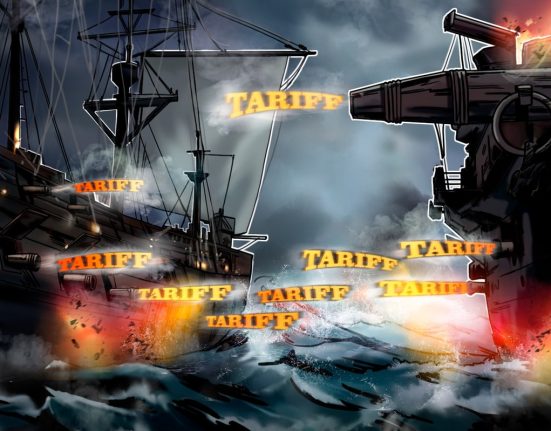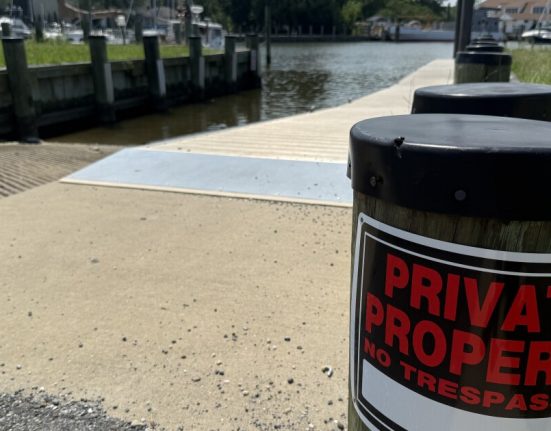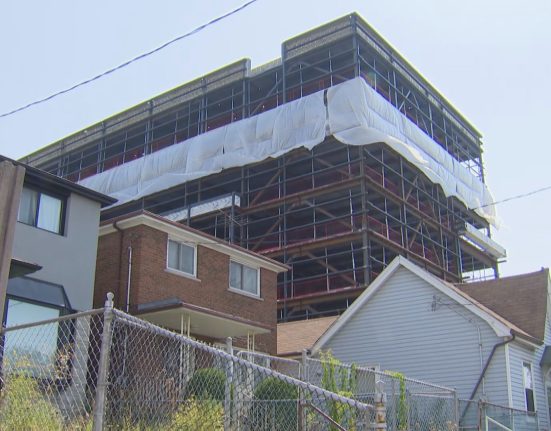The International Criminal Police Organization, or Interpol, announced more than a thousand arrests and the seizure of about $100 million as part of a crackdown that included cryptocurrency miners and fraudsters.
In a Friday notice, Interpol said it had coordinated with authorities in Angola to dismantle 25 crypto mining centers being illegally run by 60 Chinese nationals.
The organization said it had seized equipment worth more than $37 million, which the Angolan government plans to distribute to “vulnerable areas.”
The mining crackdown in Angola was part of a cybercrime operation across African countries, resulting in the arrest of 1,209 people and the recovery of more than $97 million.
Zambian authorities also reported dismantling a fraud scheme in which 65,000 victims lost about $300 million, having been promised high-yield returns on crypto investments.
Angola, with a population of about 39 million, faces significant issues with power distribution and supply across areas of the country, resulting in the crackdown on crypto miners. Though the use of digital assets is essentially not illegal in the country, a mining ban went into effect in April 2024 in response to crypto’s energy consumption.
Related: ‘US tariffs on mining rigs are rising sharply’ as CleanSpark, IREN report massive liabilities
“The law criminalizes cryptocurrency mining, and possession of information, communications, and infrastructure equipment used for virtual currency ‘mining’ is punishable by one to five years’ imprisonment and confiscation of the equipment,” said a translated April 2024 notice from the Chinese embassy in Angola, warning residents about the mining ban.
Mining crackdowns in response to energy concerns
Many countries have passed laws or policies restricting or outright banning crypto mining operations due to concerns over power distribution to their residents. Recent examples of crackdowns included Russia’s Republic of Buryatia, where 95 mining rigs and a mobile transformer were hidden inside a truck and were illegally siphoning electricity.
In the US, laws on mining are determined by individual states, leading to “friendly” areas like Texas, where companies such as MARA Holdings, Riot Platforms, and CleanSpark have operations. In 2022, New York’s government issued a two-year moratorium on proof-of-work mining in the state.
Magazine: Bitcoin’s long-term security budget problem: Impending crisis or FUD?







